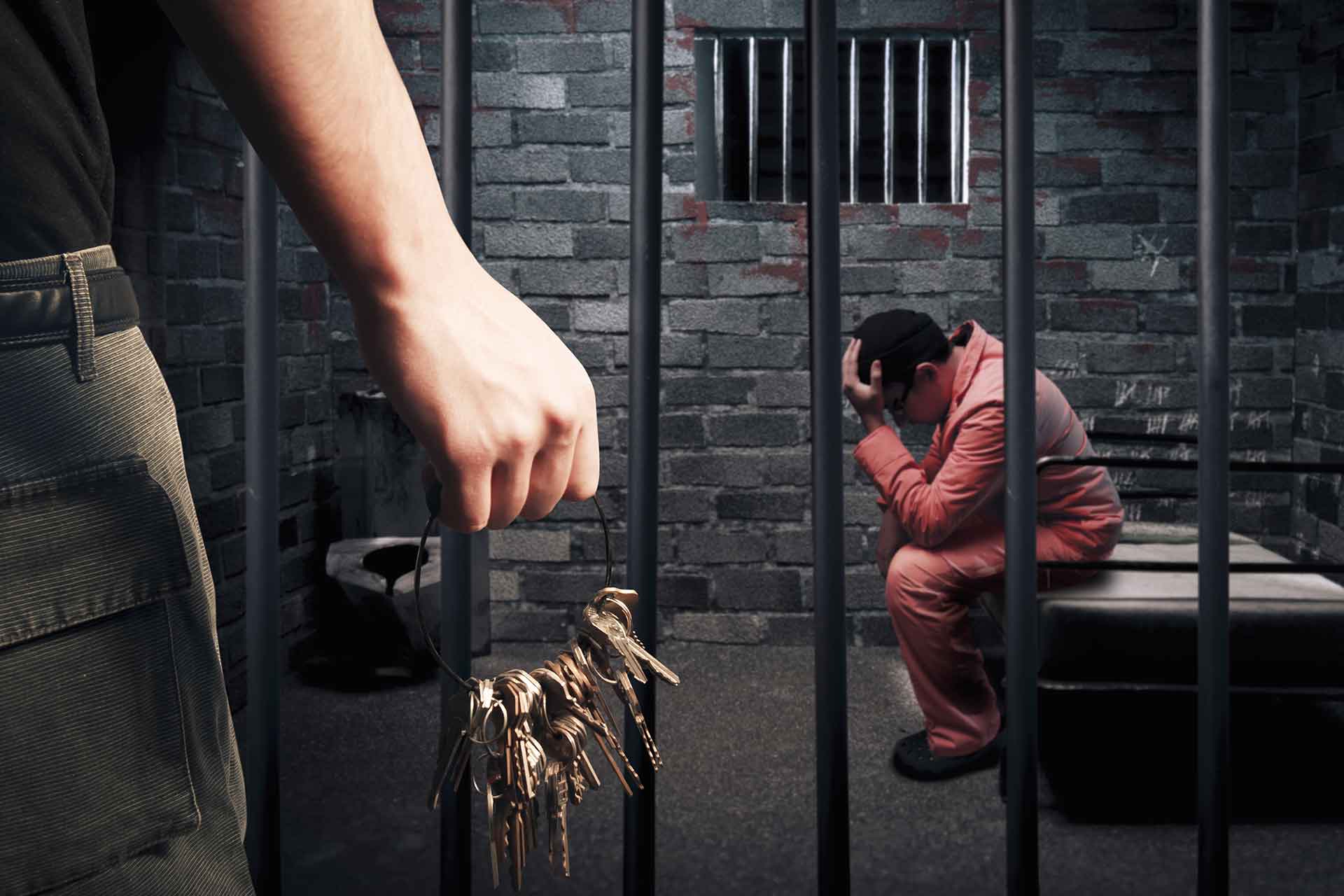Leave
Table of contents
If so, contact a criminal lawyer directly 24 hours a day.
Weening Criminal Lawyers is a law firm you can turn to for both legal advice and the best representation in court.

1. best criminal lawyer for leave
2. attorney criminal law for leave
3. criminal case leave lawyer
As an inmate, when are you eligible for general leave?
General leave of absence (AVG) is designed to prepare you as an inmate for a proper return to society. You are eligible for general leave if your sentence is a minimum of three months and a maximum of one year. The condition is that you have served at least 1/3 of the prison sentence. In certain cases, general leave is also possible if your criminal case still in appeal runs.
How often may you take general leave?
How often you are allowed general leave as an inmate depends on your sentence balance. In fact, you may receive up to half of the number of months of sentence remaining on leave. To illustrate: with a sentence remaining of ten months in prison, you can get general leave a maximum of five times. The sentence balance is rounded down, so even with a sentence balance of eleven months, you will get a maximum of five months of general leave. Furthermore, general leave lasts a maximum of sixty hours each time.
As an inmate, when are you eligible for occasional leave?
In addition to general leave, you can request occasional leave to attend a personal event that requires your presence. Think of maternity visits, attending a funeral or visiting a partner or family member in mortal danger. Incidental leave is, in principle, granted for a maximum of one day and can take place (if necessary) under supervision or monitoring.
Who decides on granting general and occasional leave?
To be granted leave, you as an inmate must apply for leave yourself to the warden or the selection officer. In most cases, the prison director decides on granting your leave. Only in some exceptional cases does the selection officer decide on your request for leave. We can inform you about the procedure to follow in your case. Feel free to contact on.
Can you complain or appeal the denial of general and incidental leave?
If the selection officer makes a negative decision on your request for leave, you may appeal that decision directly to the RSJ. If the prison director decides negatively on your request for leave, you may file a complaint against this decision with the Complaints Committee. You have seven days after you have been informed of the rejection of your request for leave. The law requires that in the notice of complaint you state as precisely as possible the decision complained of and the reasons for complaint. If you fail to do so, the Complaints Committee may declare your complaint "manifestly" unfounded or "manifestly" inadmissible. You would therefore be well advised to contact one of our experienced criminal lawyers. If you subsequently disagree with the decision of the complaint committee, you may appeal to the RSJ. Please contact us without obligation.
What is the difference between incidental leave and punitive suspension?
Both incidental leave and penalty suspension allows you as an inmate to attend an event in person. Yet differences exist. First, incidental leave applies to both convicted and provisionally detained persons. Criminal interruption, on the other hand, applies only to convicts. Second, incidental leave lasts, in principle, one day, while punishment interruption can last at most three months. Third, in the case of incidental leave, time spent at liberty must not be "made up. In the case of punishment interruption, however, this is the case. The execution of the sentence is then merely suspended.
Why is it wise to hire a lawyer in case of leave decisions?
If you disagree with the denial of your request for leave in a complaint or appeal process. You must consider several legal requirements in these proceedings. For example, you should not only pay attention to the statutory seven-day complaint and appeal period. You will also need to thoroughly substantiate why you disagree with the denial of your request for leave. You would therefore be wise to contact one of our experienced lawyers. Our specialists know what arguments to present in these complaint and appeal proceedings to increase your chances of a successful outcome. Please feel free to contact us at any time.
Are you looking for a criminal lawyer specializing in Leave?
Then contact us immediately for legal assistance in Leave.
